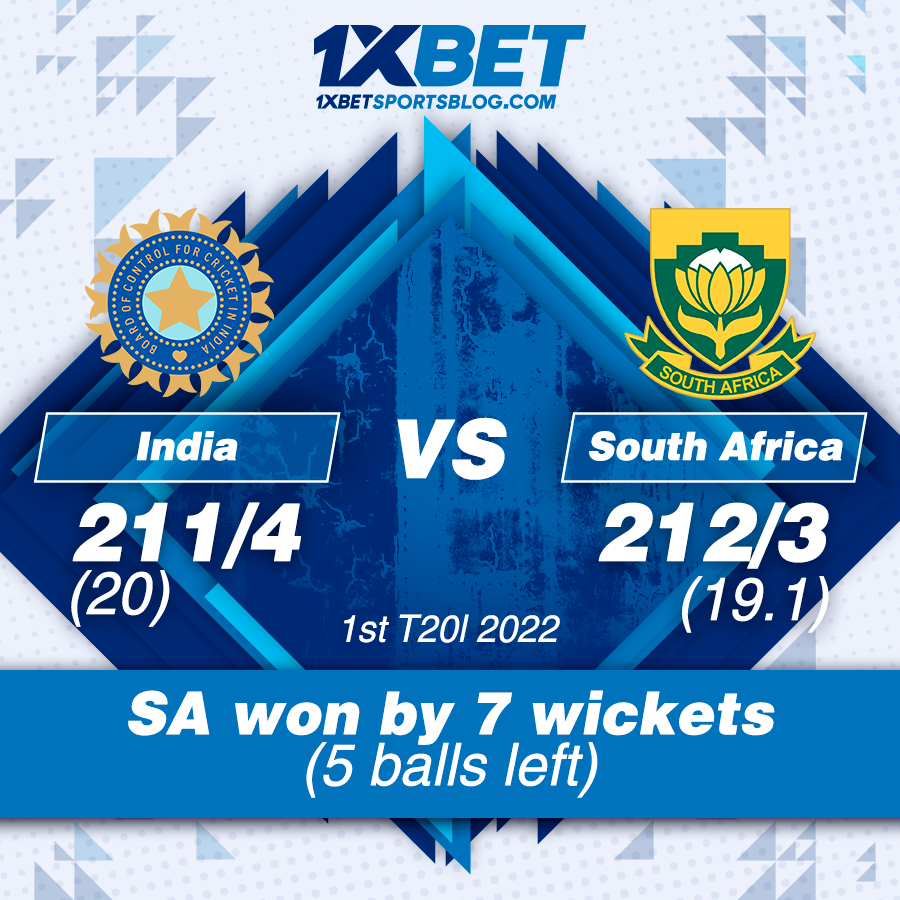Pakistan's Performance in the Twenty20 World Cup: Analysis and Criticism

Excerpts from an interview:
Q: Did panic set in during Sunday's match? What's your take on what transpired?
A: There seemed to be a lack of positive intent and game awareness. The shot by Rizwan against Bumrah was ill-advised. Bumrah's overs were crucial for India, and handling him better could have led to a smoother outcome. Bumrah's clarity and strategic prowess were evident, making him the pivotal factor.
Q: Was Bumrah the differentiating factor?
A: Absolutely. Rizwan stood alone for Pakistan. Chasing 120 required a solid partnership more than heroics. Temperament, nerves, game reading, batting skills—all played a role. Despite India's subpar performance, Pakistan couldn't capitalize due to flawed shot selection and fine bowling.
Q: Do you think Pakistan erred by focusing on big shots instead of rotating strikes?
A: Simplify your approach on a tricky pitch. India's reckless aggressiveness cost them wickets. Adjusting to the bounce variations was key. Losing momentum due to poor shot selection under pressure reflects a freezing tendency.
Q: Wasim Akram suggests introducing several new players post-World Cup. Your thoughts?
A: Post-World Cup, a rebuilding phase is essential with pressure-handling and clear-minded players. Reviving retired players undermines grassroots talent development. Encouraging retirees back sends a regressive message.
Q: Are there internal team issues affecting performance?
A: On-field performances suggest team unity. A fragmented team wouldn't have performed as well in the first innings.
Q: Is the off-field camaraderie between Indian and Pakistani players overshadowing the rivalry?
A: Shared culture and similarities should reduce grudges. Competitive spirit should prevail over animosity.





